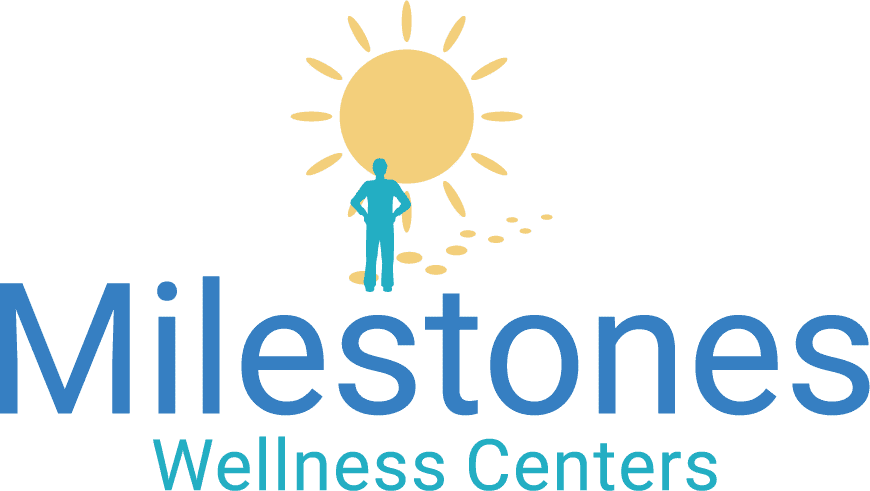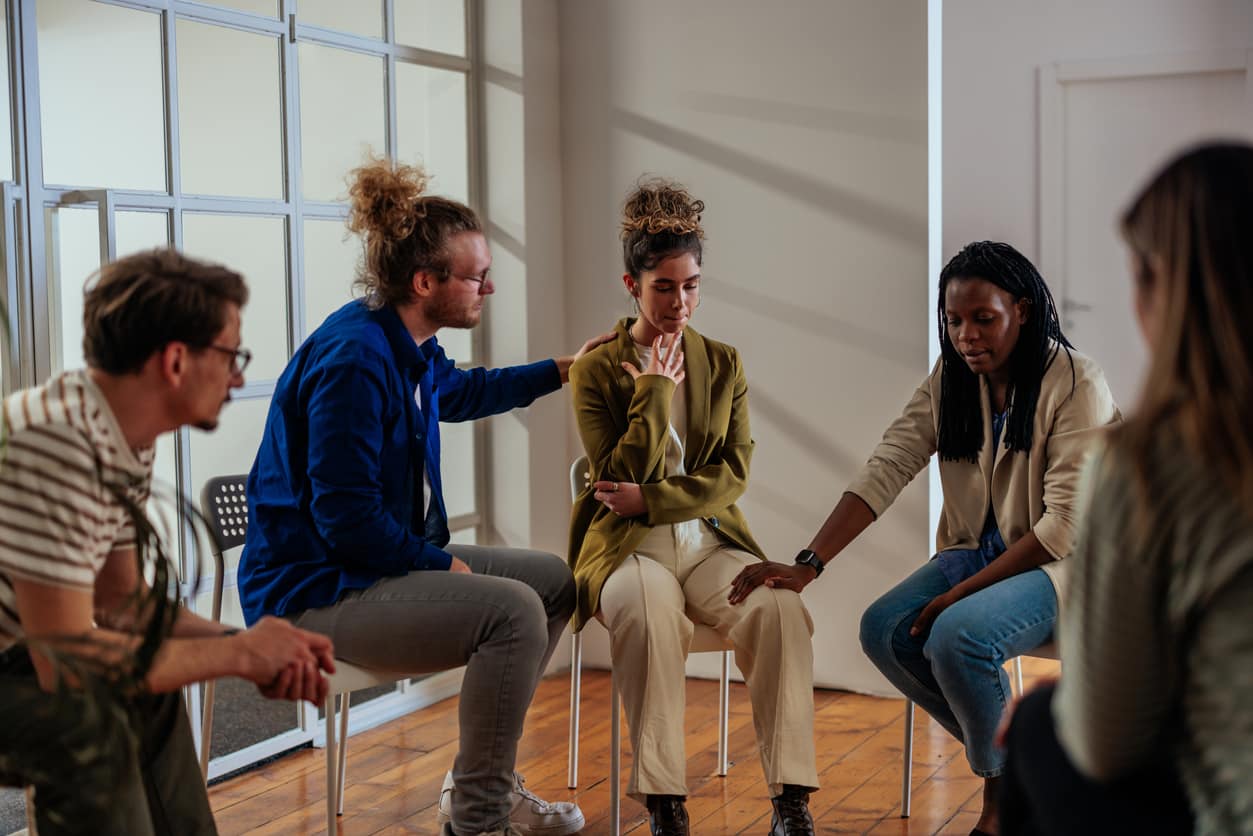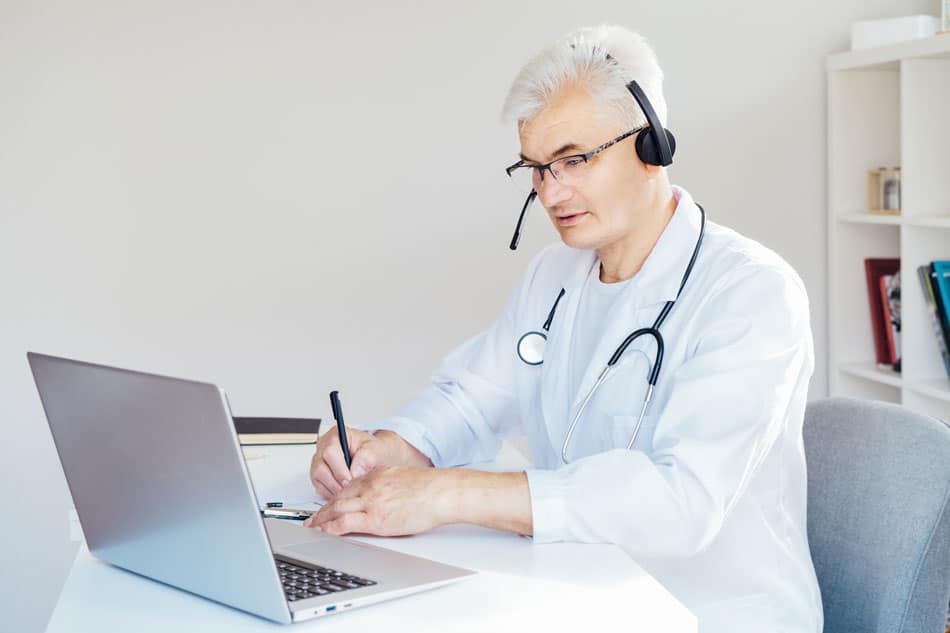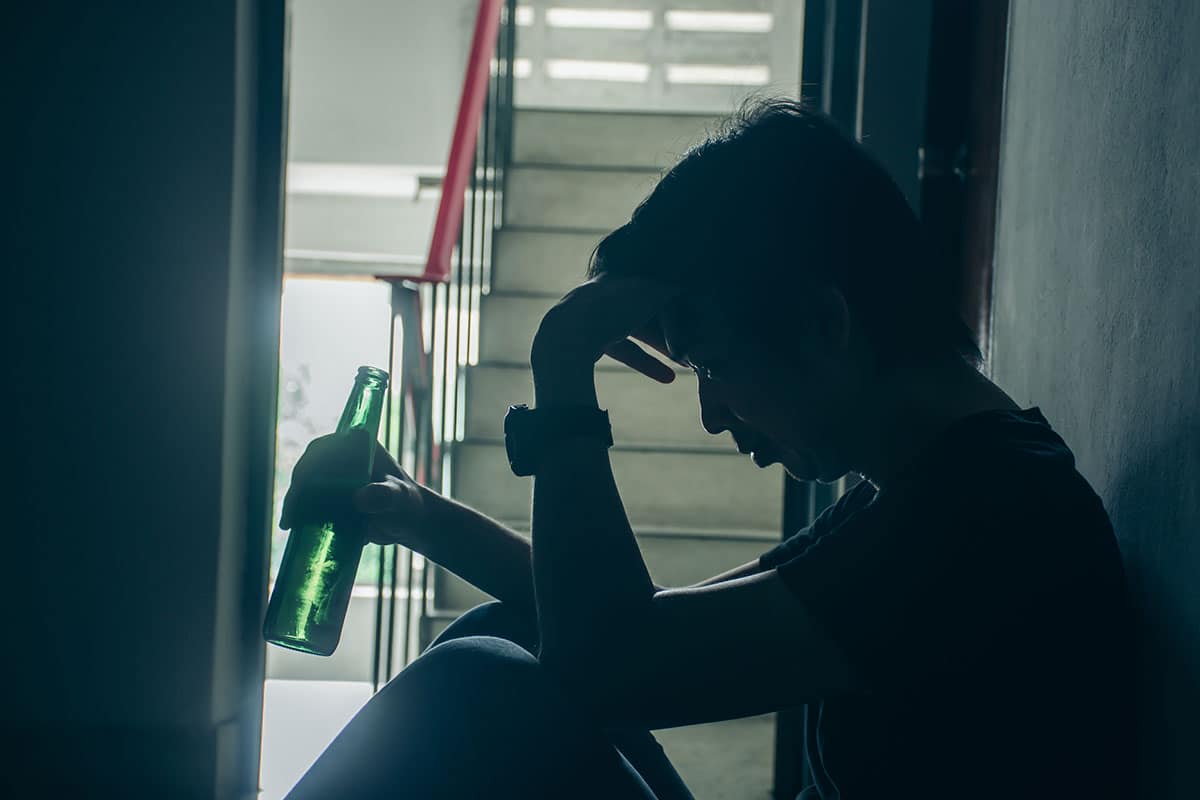Recognizing that a loved one has become addicted to opioids can be difficult. This is especially true during the early stages of opioid addiction (aka Opioid Use Disorder [OUD]). If the signs of addiction are present (e.g., slurring words, behavioral changes), the best way to help someone is to contact his or her physician and express these concerns. The reality is that if addiction does exist, seeking treatment now could save his or her life.
What Are the Effects of Opioids?
Opioids are medications that doctors prescribe for the treatment and management of pain. Although opioids relieve pain, they can also cause an individual to feel euphoric or extremely relaxed.
Euphoria occurs because after taking an opioid the brain releases dopamine, which is frequently referred to as the feel-good chemical. Since opioids increase the amount of dopamine the brain releases, the user’s desire to continue taking opioids becomes stronger.
Users also become physically dependent on opioids. Physical dependency means that the user must take the drug if he or she wants to avoid experiencing the physical withdrawal symptoms (e.g., shaking, muscle aches) associated with not taking the drug.
The Opioid Epidemic in the US
According to the U.S. Department of Health and Human Services (HHS), in 2019, approximately 10 million people misused prescription opioids. In addition, nearly 71,000 people died due to a drug overdose and more than 70% of these deaths involved some type of opioid.
Furthermore, the Centers for Disease Control and Prevention (CDC) states that nearly 140 people in the U.S. die every day due to an opioid overdose. This number includes people who acquire the drug legally via a prescription, as well as those who do not.
Factors That Can Increase the Risk of Developing an Opioid Addiction
There are factors that increase the likelihood that someone will become addicted to opioids.
These factors include:
- Living in a stressful environment.
- Being unemployed.
- Having problems with friends and family.
- Living at or below the poverty level.
- Being a teenager or in the early 20s.
- Experiencing problems at work.
- Having anxiety.
- Suffering from severe bouts of depression.
- Having previous legal issues (e.g., DUIs).
- Being a risk-taker or a thrill-seeker.
- Keeping in contact with people who are considered high risk.
- Spending time in high-risk environments where drug use is common.
- Having a family history or a previous history of substance abuse.
Regardless of ethnic background, age, or social status, anyone taking opioids can develop an OUD.
Recognizing Opioid Addiction
Early in their addiction, many people can continue performing everyday activities (e.g., working, caring for their home). Nonetheless, as their addiction to opioids progresses, users will most likely experience an array of serious issues. Despite these difficulties, their addiction causes drug use to continue.
Signs of an addiction to opioids include:
- Taking the drug before experiencing any pain, as a means to prevent its onset.
- Changes in the user’s sleep patterns.
- Taking a higher dose of medication than prescribed.
- Borrowing drugs from others.
- Changes in eating habits.
- Taking an opioid just to experience its effects.
- Making poor decisions.
- Requesting a prescription for the same medication from multiple doctors.
- Extreme mood swings: from feeling elated to displays of aggression.
- Wanting to be isolated.
- Showing signs of intoxication (slurring words, constricted pupils).
- Changing friends.
- Making up an excuse to ask for a new prescription early.
- Having problems completing everyday tasks.
- Losing interest in hobbies.
- Stealing.
Loved Ones May Try To Protect the Individual With OUD
People who care about an individual with Opioid Use Disorder frequently change as well.
Loved ones might:
- Make excuses for the user’s behavior.
- Withdraw from the individual addicted to opioids to avoid experiencing his or her mood swings.
- Experience anxiety and have fears that the drug addiction will result in his or her death.
- Think about calling the police when he or she purchases opioids illegally.
A loved one may avoid addressing these concerns because of fear as to how this confrontation could affect the family. Furthermore, family members tend to convince themselves that they would know if their loved one’s opioid addiction was out of control. Sometimes, even physicians overlook the typical signs associated with Opioid Use Disorder. Doctors may overlook the signs of addiction because they are not treating the patient objectively, but instead, as someone they know.
Addiction experts are recommending that physicians interview the family members of patients who take opioids. Since people with an opioid addiction are more likely to recover when family members refuse to accept their substance abuse, you should consider taking the initiative to speak with your loved one’s doctor on his or her behalf.
If the doctor recommends opiate addiction treatment, once your loved one is ready to begin his or her road to recovery, consider contacting Milestones Wellness Centers at (888) 797-2048. If you prefer, you can use our online contact form by clicking here.





